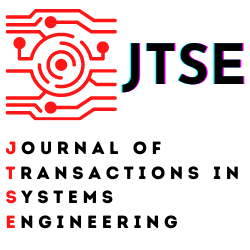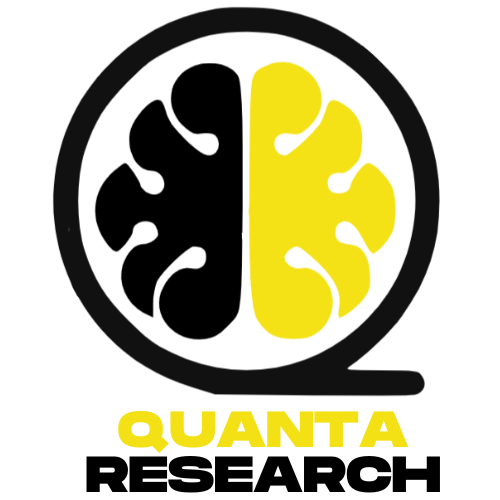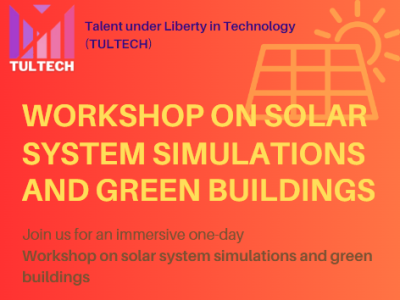Announcements
No announcements yet
New blog posts

Completion of Workshop on Water Recling Simulation and Modelling: Unlocking the Future of Water Management
19 March, 2024 by Charlotte Lee
We are thrilled to announce the successful...

IJITIS Journal Meeting and SWOT Analysis at TULTECH
15 January, 2024 by Charlotte Lee
Greetings, TULTECH community! In our...

A Milestone Meeting for EIL: Shaping the Future of Environmental Industry Letters
15 December, 2023 by Charlotte Lee
Dear TULTECH Community, We are delighted to...
Weather

3°C
Calendar of Events
Researchers create a cancer vaccine that will both treat and prevent brain cancer.
Posted on 6 July, 2023 by benyamin chahkandi
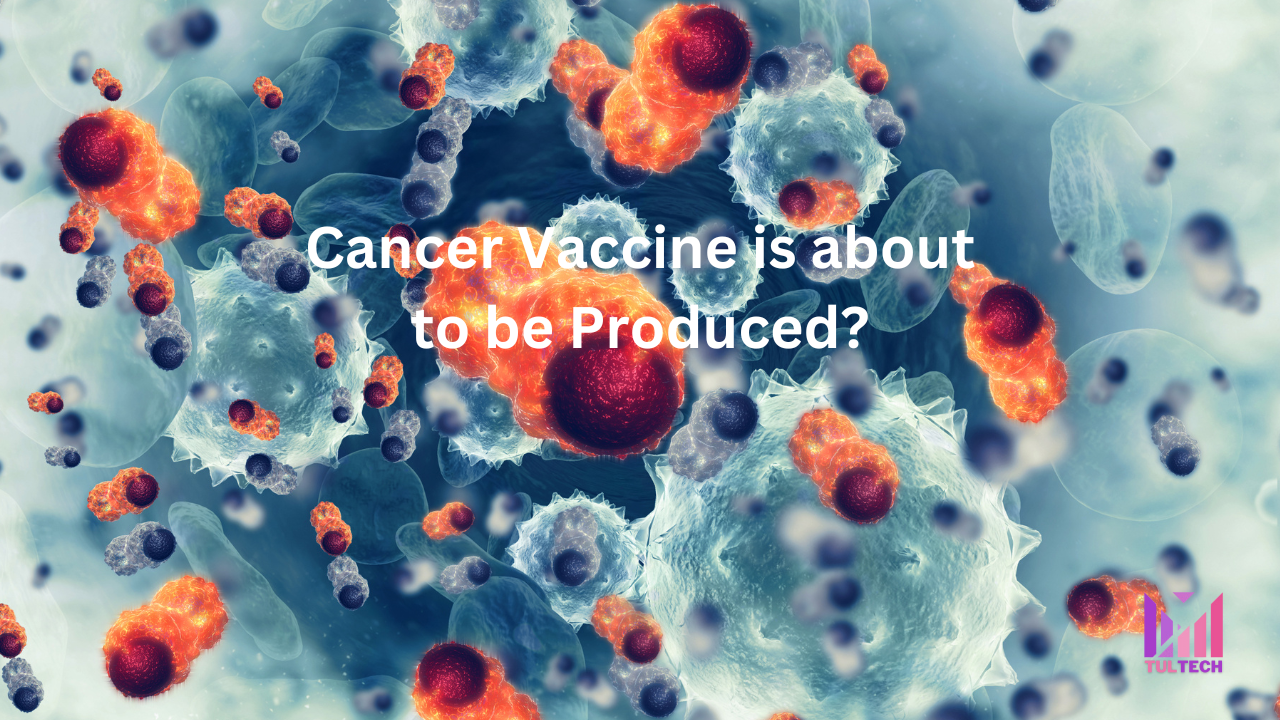
Summary: Researchers are using a novel technique to transform cancer cells into effective anti-cancer medicines. Researchers have created a new cell therapy approach to eliminate established tumours and induce long-term immunity, training the immune system to prevent cancer from recurring, in the most recent research from the lab of Khalid Shah, MS, PhD, at Brigham and Women's Hospital, a founding member of the Mass General Brigham healthcare system. A sophisticated mouse model of the lethal brain disease glioblastoma was used by the research team to test its dual-action, cancer-killing vaccination, with encouraging findings. Results are released in the journal Science Translational Medicine.
"Our team has pursued a simple idea: to take cancer cells and transform them into cancer killers and vaccines," explained corresponding author Khalid Shah, MS, PhD, director of the Centre for Stem Cell and Translational Immunotherapy (CSTI), vice chair of research in the Department of Neurosurgery at the Brigham, and faculty at Harvard Medical School and Harvard Stem Cell Institute (HSCI). We are repurposing cancer cells through gene engineering to create a treatment that kills tumour cells and activates the immune system to eliminate initial tumours and prevent cancer.
Many labs are actively researching cancer vaccinations, but Shah and his colleagues' strategy is unique. The team repurposes living tumour cells since they have an uncommon property, as opposed to employing inactivated tumour cells. Living tumour cells will travel long distances throughout the brain to reunite with their partner tumour cells, much like homing pigeons returning to their nest. Shah's team generated living tumour cells using the gene editing technique CRISPR-Cas9 and repurposed them to release a tumour cell killing agent in order to take advantage of this special trait. Additionally, in order to prime the immune system for a sustained anti-tumor response, the altered tumour cells were created to express characteristics that would make them simple for the immune system to recognise, tag, and recall.
In order to imitate the human immunological microenvironment, the team tested its repurposed CRISPR-enhanced and reverse-engineered therapeutic tumour cells (ThTC) in a variety of mouse strains, including one that had bone marrow, liver, and thymus cells from humans. In addition, the cancer cell has a two-layered safety switch that, when activated, can eliminate ThTCs if necessary. These models demonstrated the safety, applicability, and efficacy of this dual-action cell therapy, providing a path towards treatment. Shah's team purposefully selected this model and used human cells to facilitate the translation of their findings for patient settings, even if more research and development are required.
Even though the work we conduct at the Centre is quite complex, we never lose sight of the patient, according to Shah. Our objective is to adopt a novel but implementable strategy in order to create a therapeutic, cancer-killing vaccine that will ultimately have a long-lasting effect on medicine. Shah and colleagues point out that this therapeutic approach can be used to treat a wider variety of solid tumours and that more research into its potential uses is necessary.
Disclosures: Shah is a shareholder in and a director of AMASA Therapeutics, a business that is working to develop cancer treatments using stem cells.
source: www.sciencedaily.com/releases/2023/01/230104154302.htm
Event Categories
Past Events
Workshop on Artificial Intelligence Applications in Smart Cities
20 August, 2024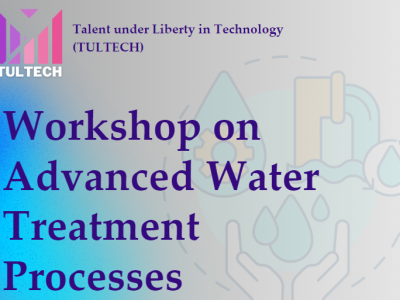
Workshop on Advanced Water Treatment Processes
10 July, 2024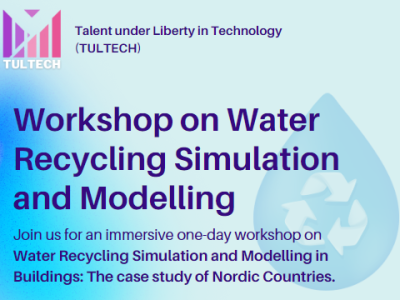
Workshop on Water Recycling Simulation and Modelling
15 March, 2024Today In History
Here are some interesting facts ih history happened on 4 March.
- John Flamsteed appointed 1st Astronomer Royal of GB
- King Charles II grants William Penn royal charter for Penn
- 1st Congress declares constitution in effect
- Vt admitted as 14th state
- Oranges introduced to Hawaii
- Washington's 2nd inaugration - shortest speech 133 words
- 1st pres inaugration in Wash DC (Thomas Jeffersin)
- 1st US RR chartered - Granite Railway in Quincy - Mass
- Longest inaugration speech - 8443 words - William Henry Harrison
- Confederate States adopt "Stars & Bars" flag
- Idaho Territory established
- Great fire in Shanghai 1 -000 buildings destroyed
- American Automobile Association opens
- Last day of Julian civil calendar in Greece
- FDR inaugurated - says "We have nothing to fear but fear itself."
- Easter Cross on Mt. Davidson (SF) dedicated
- 1st black US sub-cabinet member appointed - JE Wilkins
- 1st radio facsimile transmission is sent across the continent
- Pioneer 4 makes 1st US lunar flyby
- Lucille Ball files divorce from Desi Arnaz
- Orbiting Geophysical Observatory 5 launched
- 1st CRAY 1 supercomputer shipped - to Los Alamos Laboratories - NM
- US Voyager I photo reveals Jupiter's rings
- 40th hat trick in Islander history - Mike Bossy
- 2nd double hat trick in Islander history - Bossy & D Potvin


